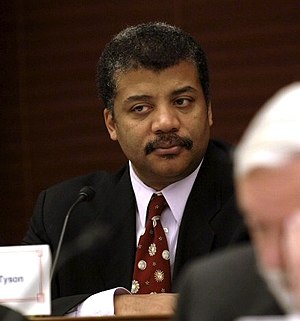
If everyone had the luxury to pursue a life of exactly what they love, we would all be ranked as visionary and brilliant. … If you got to spend every day of your life doing what you love, you can’t help but be the best in the world at that. And you get to smile every day for doing so. And you’ll be working at it almost to the exclusion of personal hygiene, and your friends are knocking on your door, saying, “Don’t you need a vacation?!,” and you don’t even know what the word “vacation” means because what you’re doing is what you want to do and a vacation from that is anything but a vacation – that’s the state of mind of somebody who’s doing what others might call visionary and brilliant. —Neil deGrasse Tyson




